Since joining the Seventy Ninth Group in January 2021, I’ve been empowered to drive the group’s ethical approach to investment. This is certainly a tremendous privilege, but it’s also a big responsibility. For a rapidly growing company emerging onto the global stage, the challenges of shaping a socially engaged and sustainable vision are extensive.
Nevertheless, it’s a responsibility that I relish. That’s because environmental, social and governance (ESG) concerns have defined my career from the outset.
In a recent interview with Business Leader, I was asked for my definition of professional success. I replied that, for me, being successful means adding value.[i] And ESG commitments have been at the core of the contributions I’ve tried to make throughout my career.
Over the course of a decade working in regulatory and compliance roles, I saw how the effective implementation of governance frameworks was fundamental to ensuring businesses operate in fair, equitable and transparent ways.
This experience taught me that focusing on ESG is not just about ethics – as important as that is – it’s also essential for building a thriving business. By developing a strong and compelling ESG proposition, a company can supercharge its value creation across a range of areas, from top-line growth to productivity and customer retention.[ii]
After being appointed CEO of the Seventy Ninth Group earlier this year, I saw it as a core part of my role to help prioritise the group’s environmental and social responsibilities and ensure they sat at the heart of our decision-making.

A key focus of this ambition was the group’s natural resource division, Seventy Ninth Resources. Since 2013, Seventy Ninth Resources has cultivated one of the largest portfolios of natural resource projects in West Africa, with extensive concessions in the Republic of Guinea.
Needless to say, working with communities in developing nations poses a range of unique challenges from an ESG perspective. It also highlights that a company’s ESG activities must be more than a set of vague commitments. We need to attend to the concrete challenges faced by communities and individuals, confronting them head on so that we can add real value wherever we work. Through defining these objectives, we are now creating the building blocks for a number of projects and initiatives that will support our expansion in the region, and I’m pleased to say we have now begun that journey.
Firstly and crucially, we are partnering with recognised bodies that give us clear objectives for our projects. As a result, the Seventy Ninth Group is an approved participant in the UN Global Compact, the world’s largest corporate sustainability initiative.
The Global Compact sets out ten principles that participants must prioritise.[i] These relate to safeguarding human rights, protecting against labour abuses, and promoting environmental responsibilities. By advocating for these principles, not only in our own practices but in the business community at large, I firmly believe that we can help to build a better, brighter future.

But how does this translate to the complex realities of life in the local communities of Guinea?
At the core of our approach to implementing the principles of the Global Compact is the belief that we cannot, and should not, dictate to the communities we are working in. We cannot decide what their priorities should be or act as though we know best. Instead, we need to listen to these communities and find out how we can support them.
To put this into practice, our staff on the ground in Guinea recently undertook an extensive fact-finding mission, engaging with the communities who live on our concessions and developing an understanding of the challenges they face.
The results of this mission were eye-opening and deeply moving. Many of those we spoke to lamented the lack of access to quality education, which they saw as vital for helping subsequent generations to thrive and grow. There were similar issues with the limited availability of healthcare and clean drinking water, both of which pose major risks.
In addition, residents highlighted the problems faced by those involved in mining in the region, from general daily discomfort to the potentially fatal risks of collapsing tunnels. Among those exposed to these dangers were pregnant women and teenage girls. Without access to adequate equipment, trade-specific education, and appropriate health and safety procedures, these problems may well remain intractable.
The work of acknowledging and understanding the issues faced by local communities is a vital first step. By taking our orientation from the UN Global Compact, we know that providing a safe working environment and maximising access to education and healthcare will be of central importance. But it is only through listening to those who are directly experiencing these struggles that we can ensure any steps we take are attentive and responsive to their needs and requirements.
Ultimately, only a respectful and collaborative approach will succeed in supporting these communities to thrive. It’s quite clear, and quite humbling to acknowledge, that we have only just begun, and there is much to achieve in implementing real change alongside our ambitious business plans. And it is the prospect of helping to deliver this that truly makes me grateful to be part of the Seventy Ninth Group.
[i] https://www.businessleader.co.uk/natallie-bellis-seventy-ninth-group/
[ii] McKinsey, Five ways that ESG creates value [link]
[i]https://www.unglobalcompact.org/what-is-gc/mission/principles














